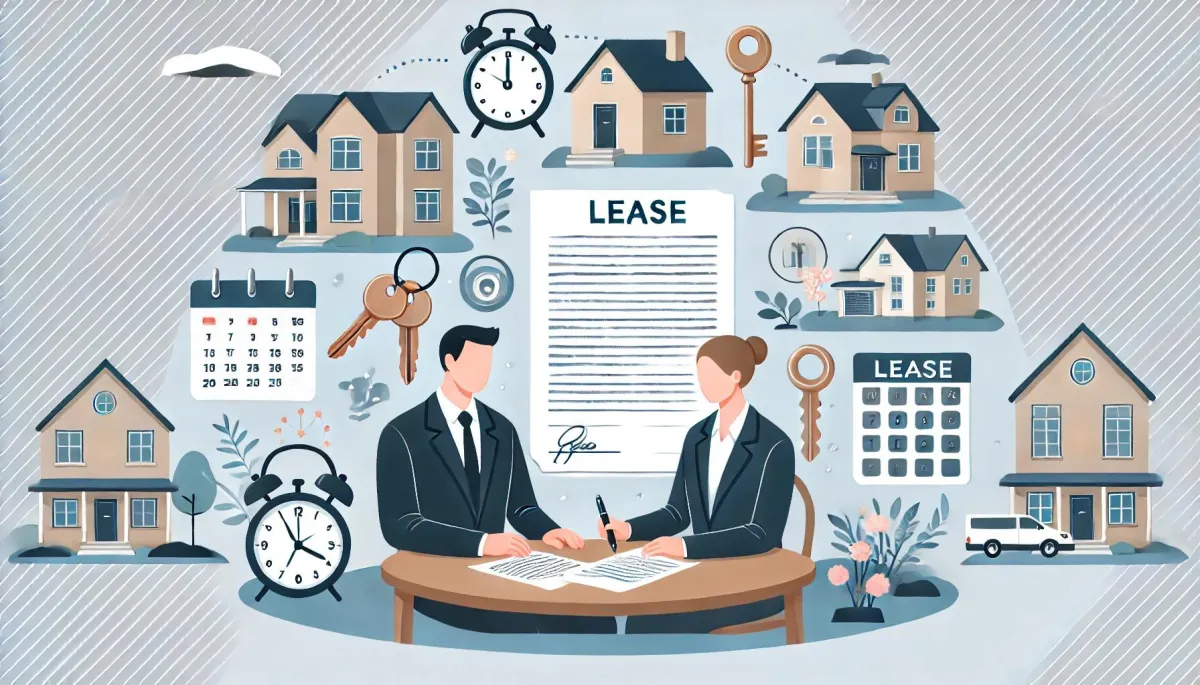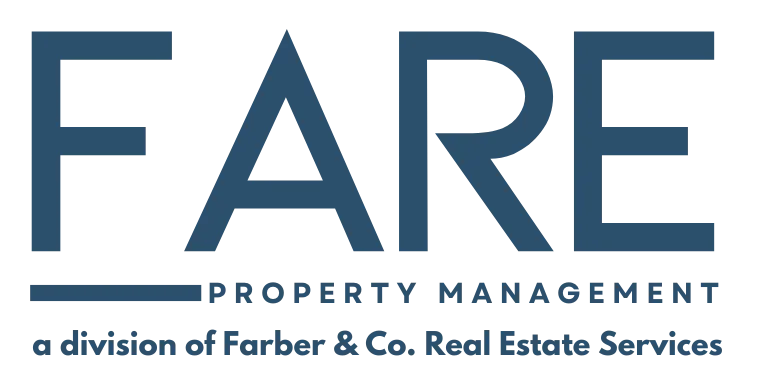
Understanding Landlord-Tenant Relationships in New Jersey
Understanding Landlord-Tenant Relationships in New Jersey
In New Jersey, a landlord-tenant relationship begins the moment a residential unit, such as an apartment, house, room, or even a mobile home, is rented out to a tenant. This relationship is solidified by an agreement—whether written or oral—that outlines the rights and responsibilities of both parties. For landlords and tenants alike, understanding the lease and their legal obligations is crucial. Tenants should always review the lease carefully before signing and ensure they receive a copy for their records. What many might not realize is that the lease remains valid even if the property is sold, meaning the new landlord is required to honor the existing lease terms until it expires.
Key Requirements for Residential Leases in New Jersey
New Jersey has specific requirements when it comes to residential leases. Both parties must be at least 18 years old and mentally competent to enter into a lease agreement. The lease should clearly include the names of both the landlord and the tenant. Additionally, if the lease is in writing, it should be easy to understand and use plain language to ensure that both parties are on the same page.
Critical provisions, such as who is responsible for paying rent, how occupancy is handled, any late fees, and any other tenant responsibilities (such as providing keys to the landlord or obtaining renter's insurance), should be clearly stated. Transparency on these points helps avoid misunderstandings and ensures both parties are aware of their obligations.
Essential Information Landlords Must Provide
In New Jersey, landlords are required to provide tenants with essential information and documents. For example, tenants must be given pamphlets on lead paint risks, notifications if the property is located in a flood zone, and information on child protection window guards. All fees, such as those for late payments or dishonored payments, must be explicitly stated in the lease agreement to avoid future disputes.
One point of interest for landlords is the ability to include a clause in the lease agreement requiring tenants to cover legal fees if eviction becomes necessary due to nonpayment or other violations. It's also worth noting that senior citizens are granted a five-business-day grace period to pay rent before any late fees can be applied.
Special Regulations for Mobile Homes and Public Housing
If you’re renting out space in a private mobile home community, it’s important to know that mobile homeowners are protected under New Jersey’s Anti-Eviction Act. Landlords are required to provide a written lease that includes the rules of the community, any fees, and other important regulations. For public housing, the lease must not only comply with New Jersey state laws but also with the guidelines established by the U.S. Department of Housing and Urban Development (HUD).
Lease Renewals and Terminations
When a lease term is coming to an end, New Jersey law generally allows for automatic renewals, unless either the landlord or tenant provides a 60 to 90-day notice of termination. If neither party gives notice, a yearly lease usually transitions into a month-to-month lease, continuing until one party decides to take action.
Landlords may offer new lease agreements with revised terms at the end of a lease term, as long as they provide written notice of these changes. However, landlords cannot refuse to renew a lease without “good cause,” except in specific cases, such as when the property is owner-occupied.
Simplify Leasing and Tenant Management with FARE Property Management
Navigating the complexities of leasing, tenant relations, and legal compliance can be challenging for landlords. That’s where FARE Property Management comes in. We specialize in helping landlords protect their investments and simplify their responsibilities. Our team ensures that every aspect of your rental business, from lease agreements to tenant management and regulatory compliance, is handled professionally and efficiently.
Download a copy of the Truth in Renting pamphlet from our website and learn more about how we can help you stay compliant.
Partner with FARE Property Management today for expert guidance, hassle-free management, and peace of mind. Contact us now to discover how we can help you maximize the potential of your rental properties!
© 2003 -2024 Farber & Company Real Estate Services, LLC – All rights reserved.
FARE Property Management is a division of Farber & Company Real Estate Services, LLC
We are not attorneys and cannot provide legal or tax advice. Please consult with an attorney or CPA for such matters. If you need help finding providers for these or any other related services, we can help with recommendations and references.
LICENSE NUMBERS: NJ 2077742 | FL CQ1033576

